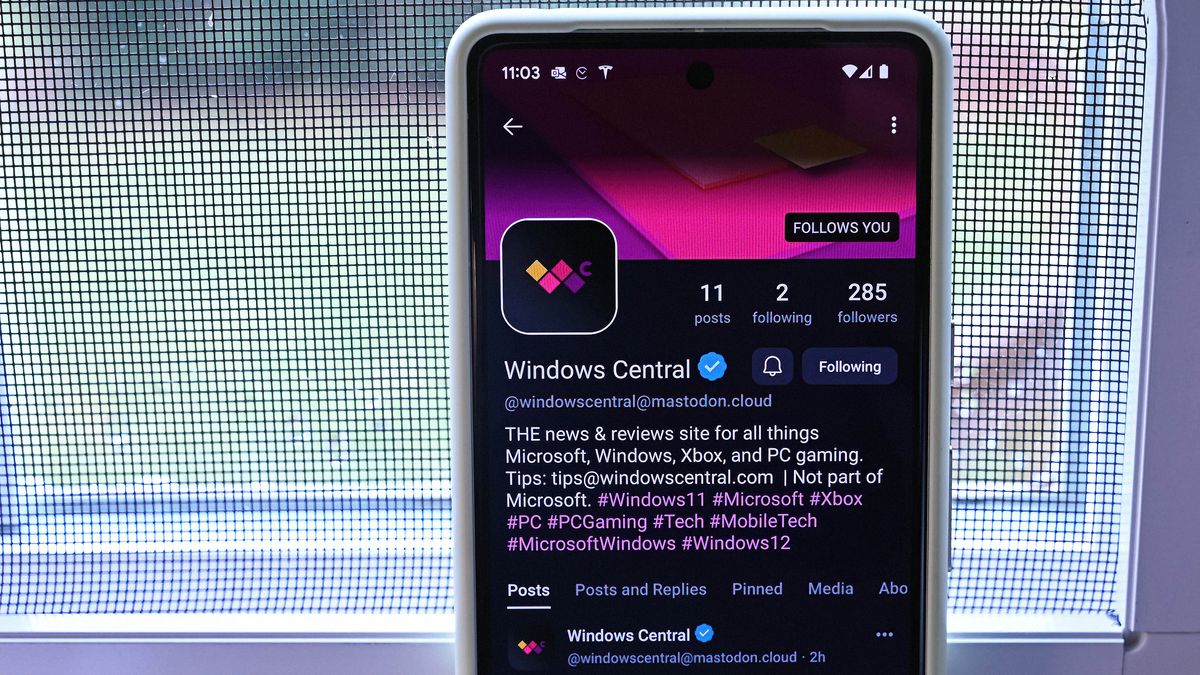
In 2017, I joined mastodon.cloud, one of the first “instances” (aka servers) of Mastodon. The concept sounded complicated: a decentralized social network (whatever that means), although it was just one more thing to subscribe to at the time. So, like many tech geeks, I parked a username in case Mastodon took off, which seemed pretty unlikely.
Fast forward to 2022, and I don’t need to repeat the Twitter drama after Elon Musk took over. I am not very fond of false controversies and daily indignation. I mostly laughed at the lunacy of seemingly random and contradictory new policies, like banning others from sharing social networks, only to be reversed less than 24 hours later (but not before banning some users, of course). There’s also the seemingly retaliatory suspension of journalists for hitting petty personal accounts or whatever Twitter Blue is these days.
And when Twitter became hilariously mismanaged, it became less valuable and less fun, at least for me. Many of the personal accounts I followed started posting less (or not at all). My timeline became automated branded posts – a never-ending RSS news feed. Those tweeting were talking about Elon Musk – a topic I’m as exhausted from, as are many others. And the few times I tweeted, the interactions and shares reflected what felt like a mass rejection of whatever Twitter was turning into with less interaction.
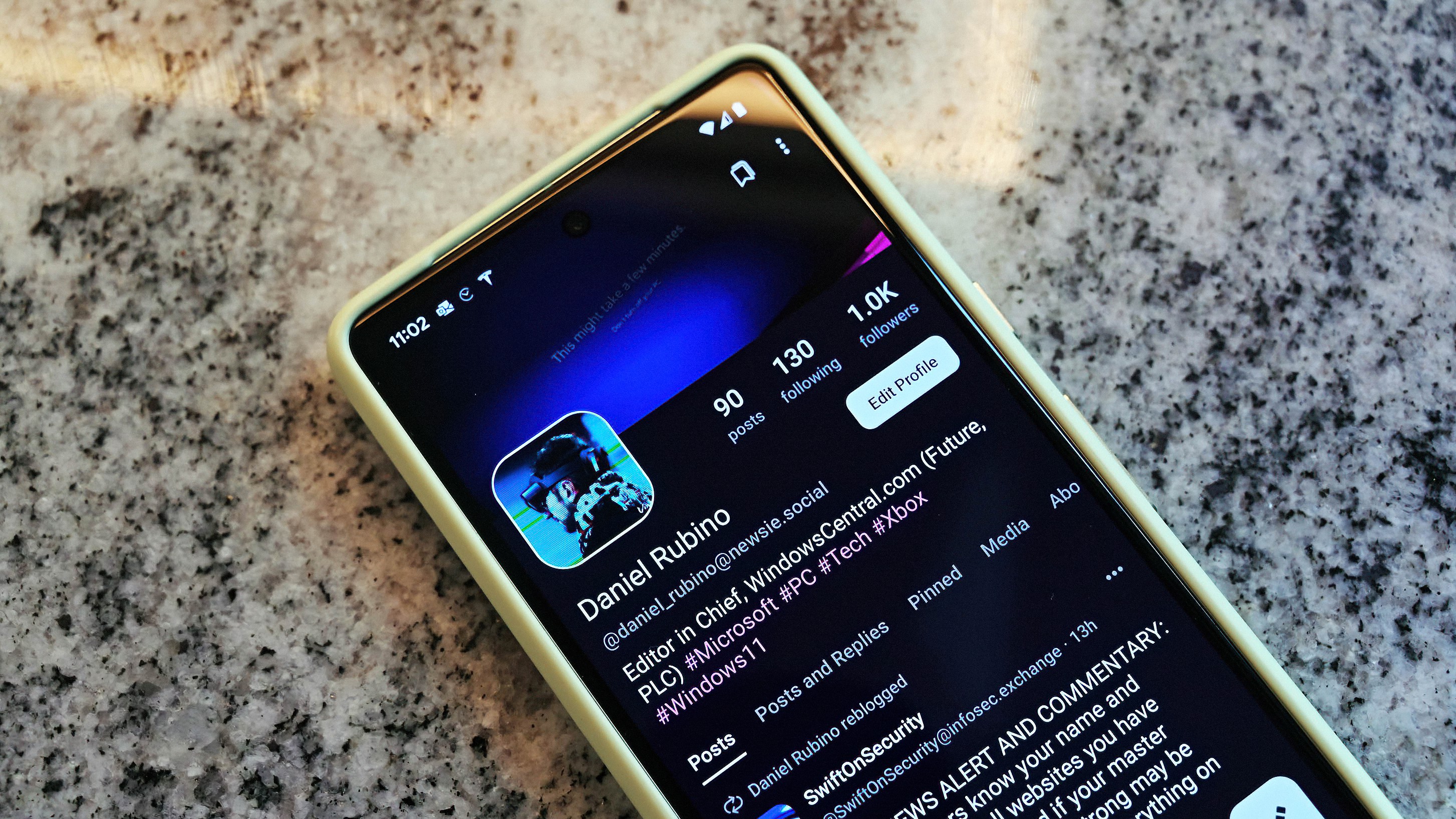
I’ve always observed that you need two significant events for a paradigm shift. On the one hand, the existing paradigm, in this case Twitter, must go through a crisis. Number two, you need a viable alternative that does something to improve than the previous system. This change happened with Myspace vs. Facebook, Netscape vs. Internet Explorer, FTP/Gopher/Newsgroups vs. WWW, IRC vs. SMS/messaging apps, etc.
twitter It’s In crisis. Even Musk knows this, commenting recently that Twitter is like “a plane heading towards the ground at high speed, engines on fire and controls not working”. Advertisers feel the same way, with the Wall Street Journal noting that more than 70% of Twitter’s top 100 ad spenders weren’t spending on the platform due to lack of faith and management concerns.
With 89% of Twitter’s revenue coming from ads, this is a serious problem.
Is mastodon for everyone? Will it be the city square of the world? No, and no, and I don’t care.
And while many of Musk’s weirdo hardcore fans bemoan “the legacy blue checks” on the platform, most people turn to Twitter to hear what these verified “celebrities” are saying. That was the beauty of Twitter: you could tweet your favorite celebrity or bury it in a politician. Unfortunately, without the “elites”, Twitter loses its appeal, which it seems to be doing.
And it is here that Mastodon, 5 years later, returns to the scene. It didn’t take long for many people leaving Twitter to migrate to Mastodon. Was this a temporary internet hiss or a genuine movement?
Mastodon: Far from perfect, but also fun
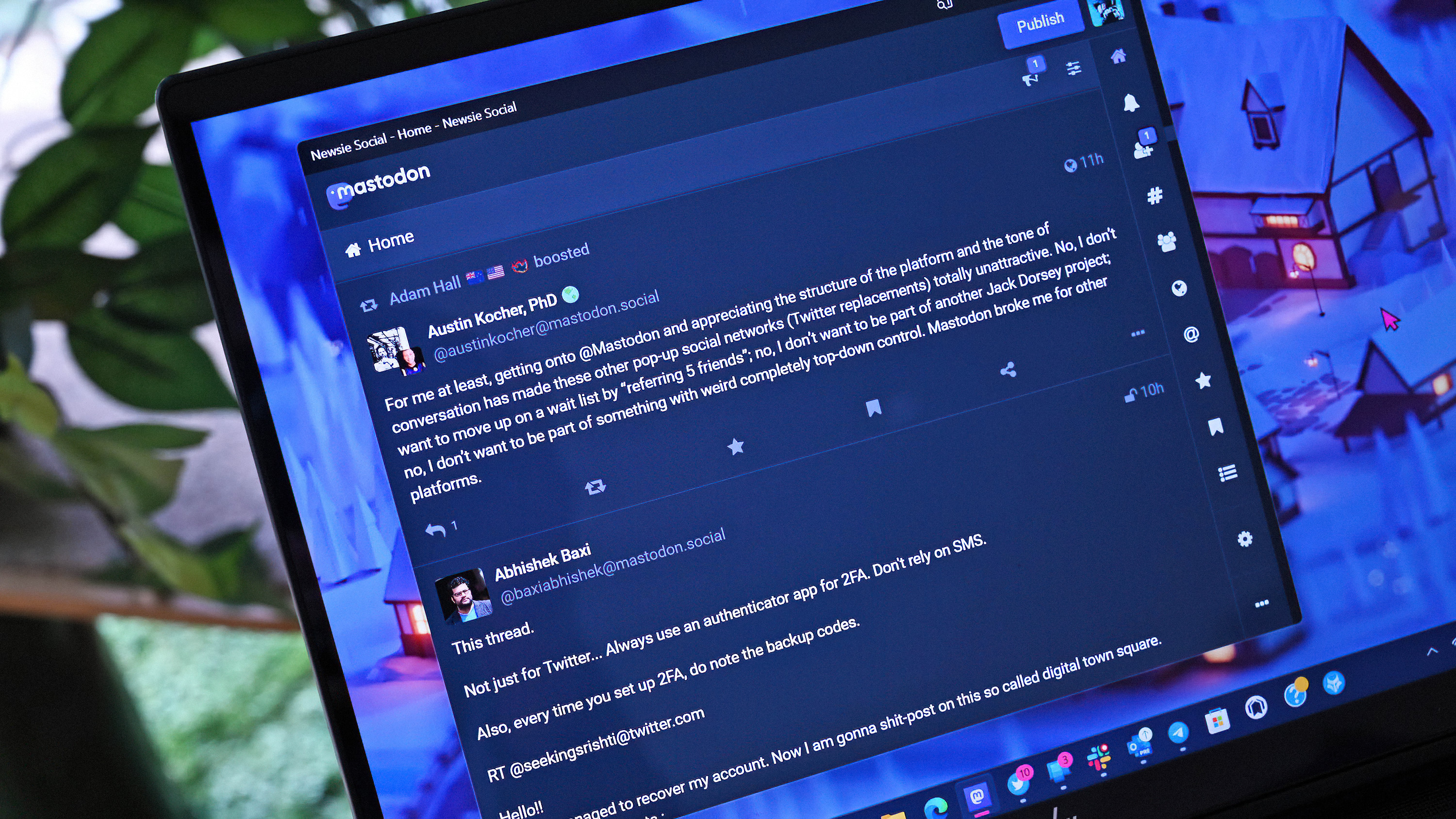
Mastodon isn’t a direct replacement for Twitter, but it might offer something better: a throwback to the internet’s golden days, where nobody owned anything.
But Mastodon also has some serious integration issues. The system is confusing, like which server you have to sign up to, how there’s no ability to retweet, and discovering new topics, particularly people, is a challenge (which is why I made a list of people and tech sites to follow).
The Android apps and PWA are great, but even logging in can be confusing the first time.
Is this elitist? Yes, and that’s what I like.
There is also concern that Mastodon will become another echo chamber. This is somewhat true. Right now it’s journalists, scientists, some artists, creators and your cutting-edge tech nerds. Trying to get your normie friends on the Mastodon is like teaching grandpa how to use a smartphone – it won’t be easy!
And that’s what I like.
Is this elitist? Yes, in a way. But I remember in 1994 when I was using the “information superhighway” as some called it FTP to servers, using newsgroups to discuss topics, chatting on IRC, using email to talk to people remotely or Gopher to find stuff. We form small, close groups, even if you were on the “mainstream” America Online (or Prodigy before it).
These small networks powered the internet until the World Wide Web and browsers came along. And these message boards and blogs were born, which turned into posts and comments.
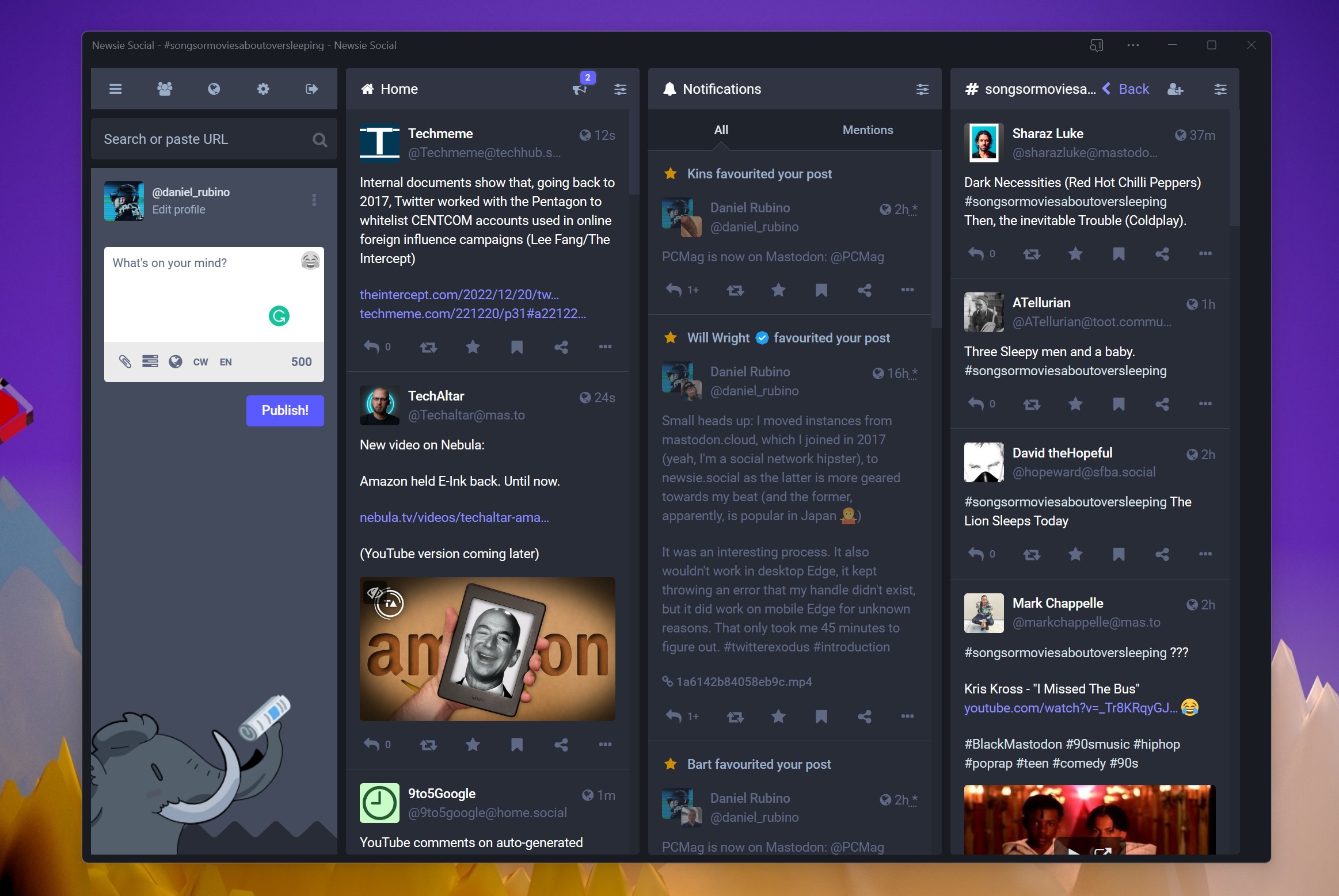
All of that was elitist in the 1990s.
Most people didn’t own a PC or even one with a modem. So getting on the Internet was not trivial (AOL helped). And explaining the internet to people was problematic because there were so many new terms and metaphors. If you were on the net in 1995, you were part of a certain club of people in the know.
Mastodon and greater Fediverse is the first real alternative to the last 20 years of standard Internet that I have come across. Being decentralized, nobody controls or owns it, as anyone can set up a Mastodon instance.
Mastodon feels like the internet in the 90s, and I love it.
No algorithm or monolithic corporation is mining your data. There are no ads. There’s no weird, lonely guy tasked with arbitrarily changing the rules or doing silly polls to set policy.
Right now, Mastodon is just people talking and not arguing. They aren’t wallowing in each other for internet fame. There are no daily villains or endless false indignation over the most trivial of things. Bots, at least the wrong kind, are not a problem. No one is creating fake accounts or trying to impersonate someone else.
Yeah, it’s like the internet in the 90s, and I love it.
It’s for everyone? Will it be the city square of the world? No, and no, and I don’t care.
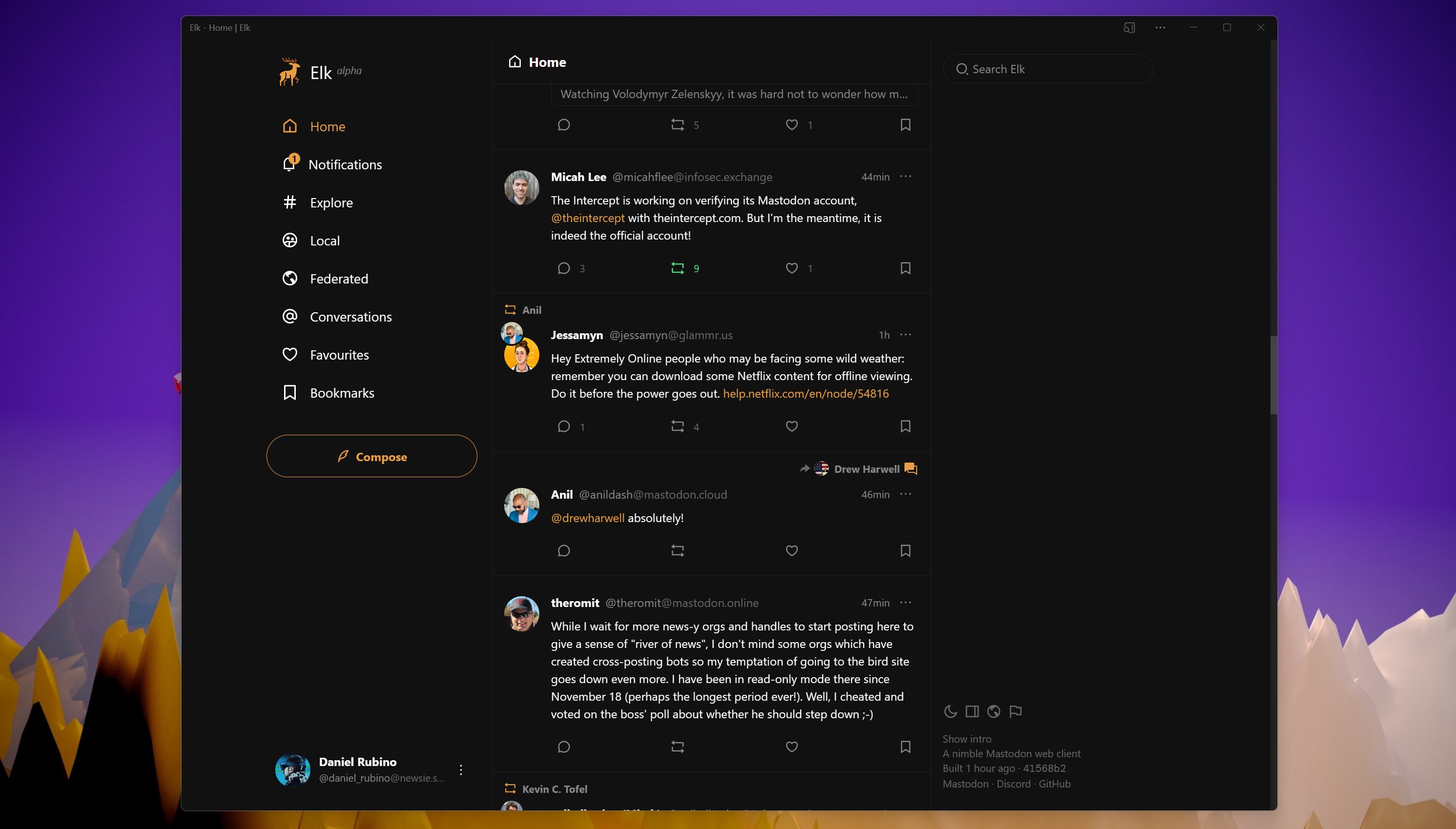
I’m not sure if it will last or if Mastodon will morph into Twitter 3.0 with all the baggage that comes with popular, centralized, corporate social networks. However, the structure of the networks suggests not.
Regardless, I’m enjoying the change of scenery and, more significantly, the potential for all of us to create something new and better. I hope it grows and I’m fine if Musk’s Twitter crashes and burns. Good trip! Something better can come from these ashes – schöpferische Zerstörung (“creative destruction”). That’s how the market works.
I say, embrace the chaos and join in the fun, even if it doesn’t last.
Looking to get started on Mastodon? here it is a list of people and technology sites to follow to start your feed.

Comments
Post a Comment